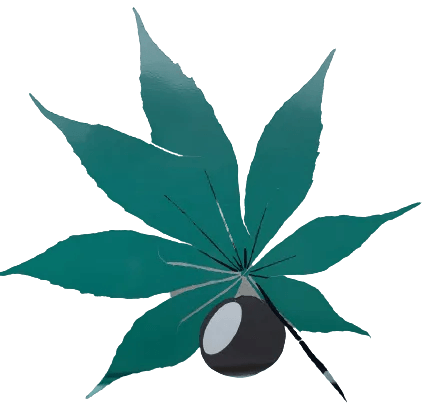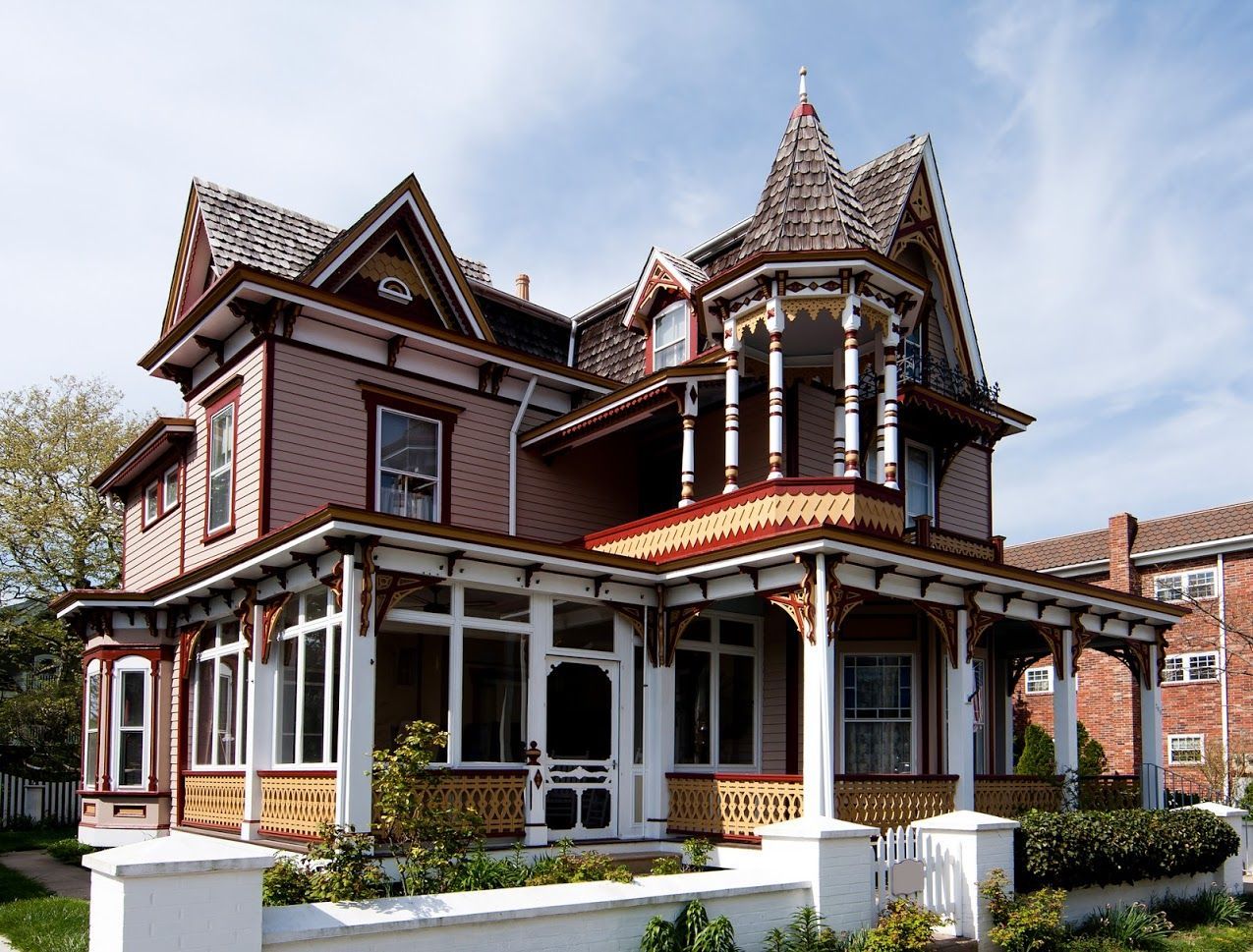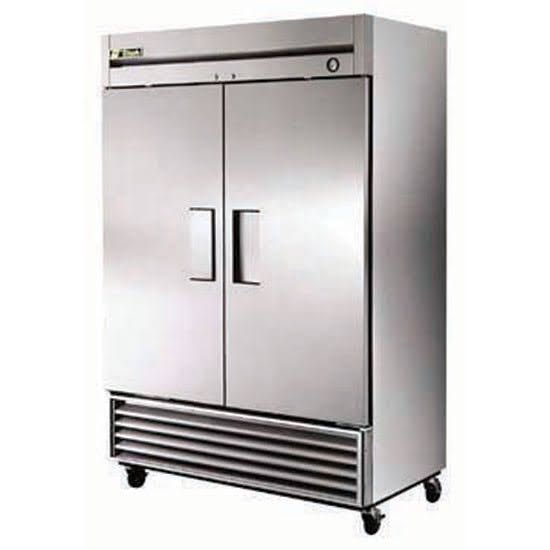Tackling the Most Common Commercial Ice Machine Problems
In the bustling world of food service and hospitality, a commercial ice machine is far more than a convenience—it's a necessity. From refreshing beverages to culinary applications, these machines play an integral role in keeping operations running smoothly and customers satisfied.
But like any equipment, commercial ice machines can face their fair share of issues. These problems, if left unchecked, can lead to unexpected costs, health concerns, or even interruptions in service. This impacts not only your bottom line but also your reputation.
Here is an overview of the most common commercial ice machine problems to help you understand what to look for.
Poor Ice Quality
Poor ice quality can range from clumpy cubes with a cloudy appearance to an odd smell or taste. These problems are often attributed to low-grade water, overuse, inadequate maintenance, improper storage, and dirty parts.
For example, if you haven't changed the water filter in a while, calcium deposits can build up and cause cloudy ice. Ice from a functional machine should be clear and free from any discolored particulates.
But hard water can be an issue even with a filter in place, which is why it's important to assess the quality of your water supply. Test the water supply for chlorine, as high levels of this chemical can cause unpleasant flavors and bad smells in the ice.
Foul-smelling ice cubes can also be caused by inadequate drainage. If you don't drain the ice cube tray regularly, bacteria can form and contaminate the ice. You'll notice a musty odor in the cubes that doesn't go away even when you use filtered water.
You'll need to regularly clean the tray and replace the filters to fix this. You can also install water softeners or other filtration systems to help reduce the amount of scale buildup in the ice machine. This will ensure the highest quality of ice for your customers.
Insufficient Ice Production
Ice machines should produce consistent amounts of ice day after day with little deviation. In fact, a good ice machine should be able to keep up with demand, no matter how high it gets. When there is a noticeable dip in production, this could indicate an issue with the machine that you haven't noticed yet.
One of the most common causes of this issue is inadequate water supply pressure. This is usually a result of a defective valve or an undersized pipe running into the machine. The valve may not be completely open, or the pipe may be too small to keep up with demand. In either case, you'll need to replace the part or adjust the water flow to ensure enough pressure for the machine.
Another cause could be a blocked or clogged evaporator plate. This is a common problem in old machines, and it can lead to decreased efficiency in the ice production process.
The evaporator plate cools the water and turns it into ice. You might need to replace or descale it if it has been in use for a long time. This is especially true with hard-water units, as calcium deposits can build up faster on the evaporator plate and reduce ice production.
Finally, improper airflow can also be a factor in decreased production. Without sufficient air circulation, the machine won't be able to cool properly and will start to produce less ice.
Remember that an ice machine needs enough breathing room, so make sure it is not surrounded by other equipment or obstructions. Otherwise, the airflow will be restricted, and the machine won't function as expected. If that's the case, you may need to rearrange your kitchen setup to make sure that the ice machine has access to enough air.
Need more help? Talk to us at Buckeye Refrigeration for more information on how you can keep your equipment running efficiently. Our team of experts specializes in commercial refrigeration repairs, maintenance, and installation to help you get the most out of your ice machines.


